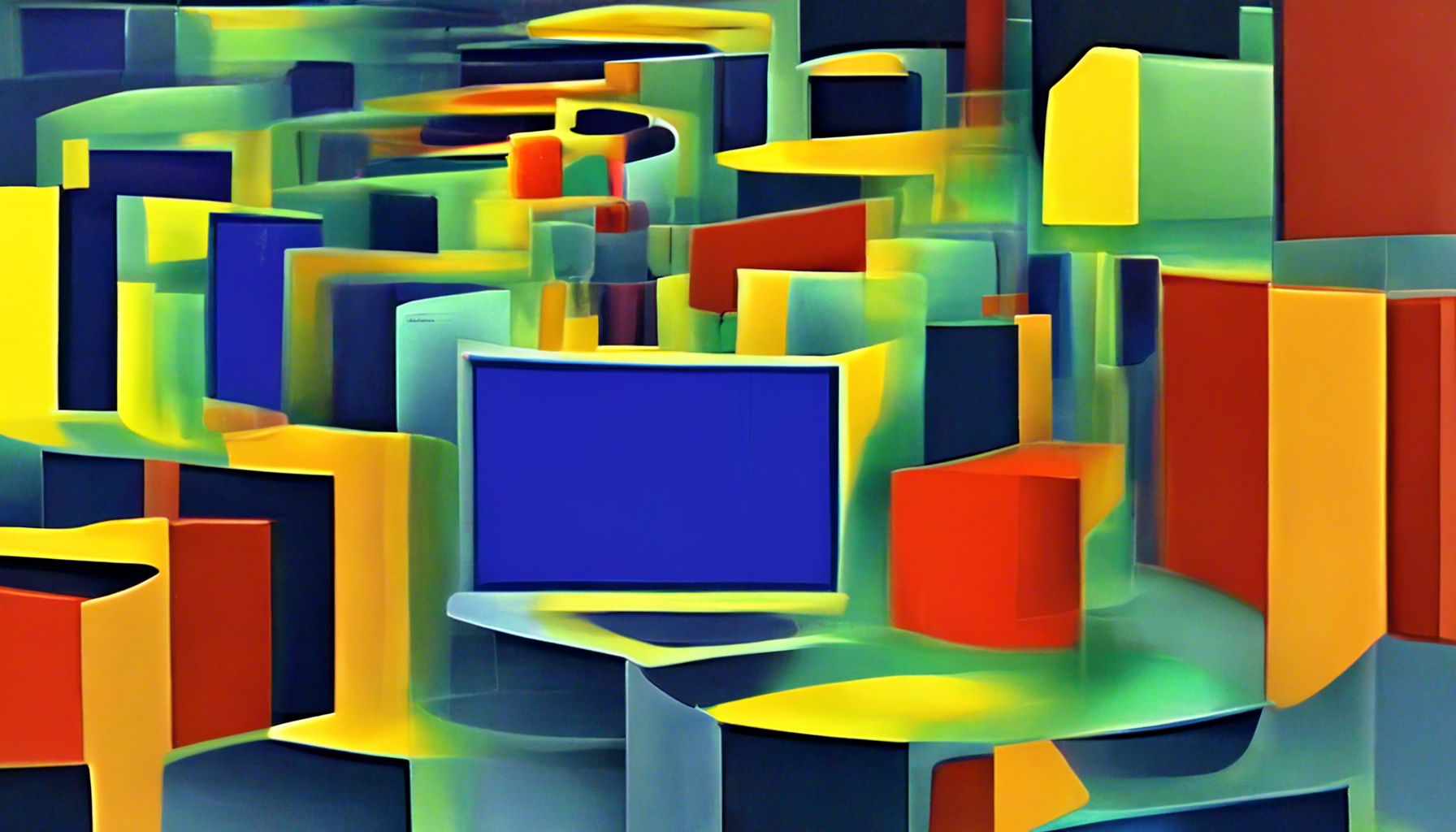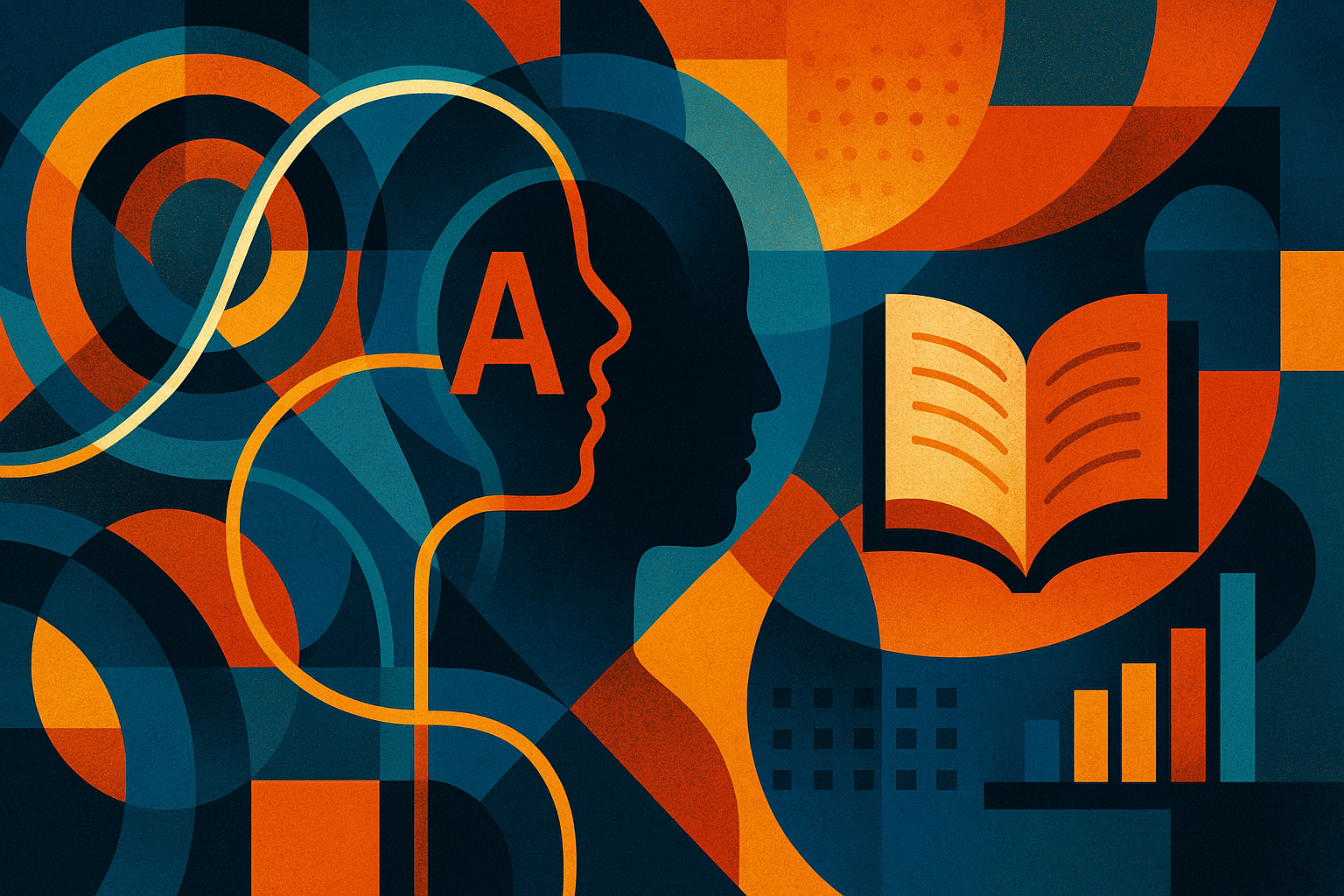Reflections and provocations from a keynote given at the 2025 Yidan Prize Conference. From the Future of Being Human Substack.
This past week I was honored to give a keynote on AI and the future of learning and education at the 2025 Yidan Price Conference. As keynotes often are, it was intended to be a little provocative and to get people thinking. And hopefully I didn’t disappoint.
It’s always hard to gauge whether such presentations are worth writing about, or whether they should be seen as a one-off snapshot of the speaker’s thinking at a particular time and place. But on the off chance that there is something here that someone might find useful and interesting, I thought I’d capture the essence of the talk below.
What does the future look like?
The Yidan Prize was established in 2016 as a global foundation committed to creating a better world through education. Each year, two prizes are awarded to individuals who are addressing critical issues in education in innovative and transformative ways — one focused on education research, and one on education development.
In 2023 Arizona State University professor Michelene (Micki) Chi was awarded the prize for Education Research, and to celebrate this ASU’s Mary Lou Fulton College of Teaching and Learning Innovation co-hosted this year’s Yidan Prize Conference on the theme of meeting the future of teaching and learning. And that’s where my keynote came in.
Somewhere in our pre-conference discussions, the title “What does the future look like?” emerged for the keynote, and stuck — a rather daunting brief as, week by week, I’m less sure what the future holds given the current rate of social and technological change. But it did provide me with the opportunity to talk about how emerging and transformative technologies — AI in particular — are challenging many of the assumptions that underlie how we currently approach learning and education; and how we can start to reimagine them.
Reimagining education in a time of unprecedented social and technological acceleration
My framing for the keynote was a conceptual model that I find myself using increasingly frequently: how transformative technologies are changing what we do, and who we are …
Related:

AI in Higher Education: Students need playgrounds, not playpens
Artificial intelligence capabilities are moving so fast, and the implications are so profound, that we restrict the ability of students to learn through curiosity, experimentation, and hands-on experience at our peril.

When Agentic AI Takes Charge – First impressions of Manus
Having just got my hands on the new general AI agent from Manus I was excited to see what it could do. So I asked it to design, conduct and write up a human subjects research study – with no humans!

Are educators falling behind the AI curve?
As tech companies release a slew of generative AI updates, there’s a growing risk that educational practices and policies are struggling to keep up with new capabilities.
